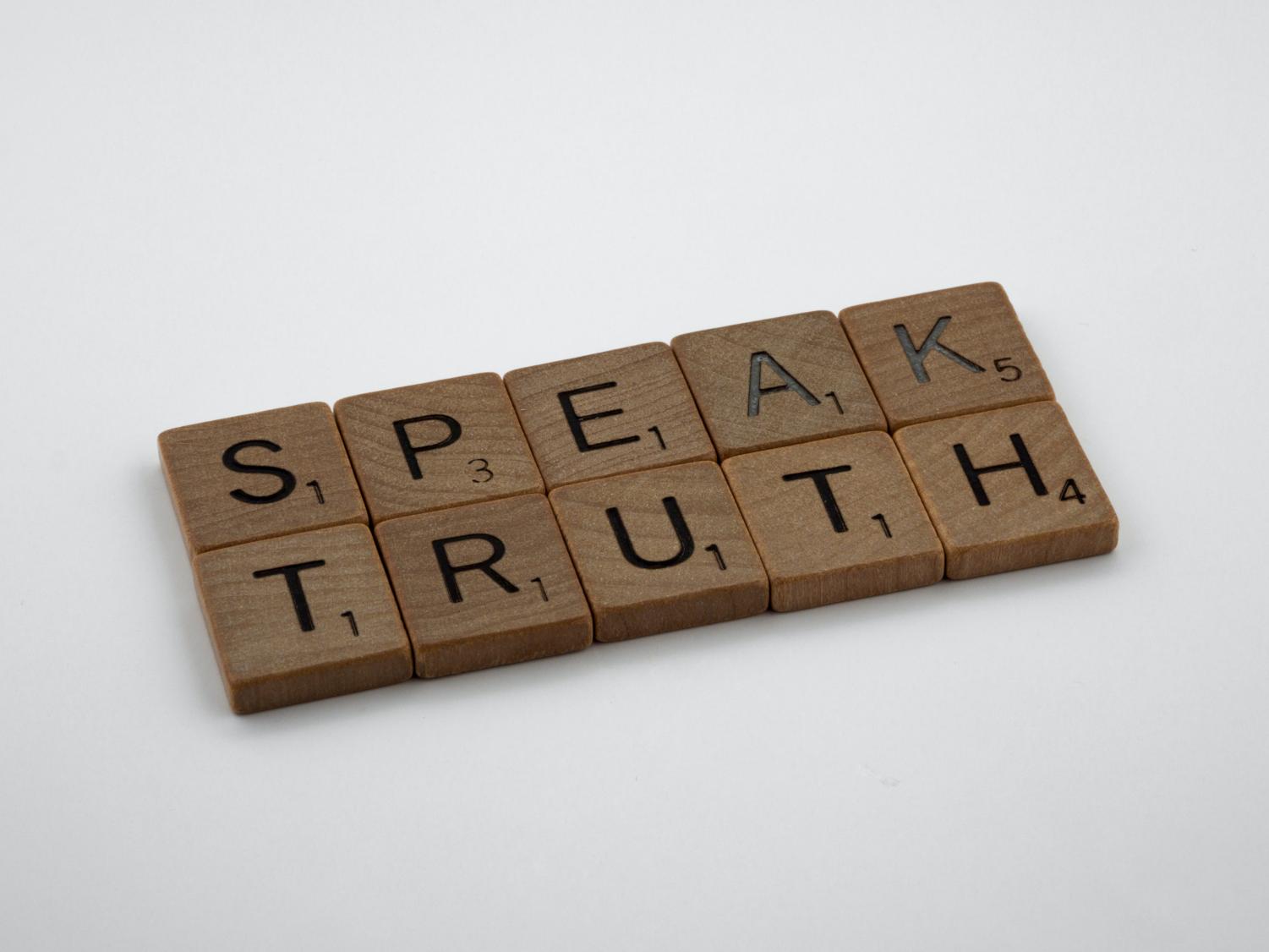It is fascinating how, in a society that is increasingly experiencing political and ideological division, popular catch phrases include “you do you” and “speak your truth.” While these phrases are often employed as a means of giving someone the freedom to make their own decisions, they are often said flippantly, as though “you do you” actually means “I don’t care enough about you to have input on your decision.” The so-called “freedom” we give people with these phrases is not ours to give, and our indifference toward their decisions and the consequences is more harmful than helpful.
WHAT IS “YOUR” TRUTH?
After watching Oprah Winfrey’s acceptance speech at the 2018 Golden Globes, Byron Tau of The Wall Street Journal questioned celebrities’ use of “your truth” versus “the truth.” He addressed that “your truth” neglects the need for shared facts or common ground.
The #MeToo movement has employed “speak your truth” as a tool of empowerment to encourage those who are afraid to speak up about their experiences. In this context, “speak your truth” is a call to be brave and share your perspective. If this is all the phrase means, then it is a beautiful acknowledgment of unique outlooks and experiences. Unfortunately, “your truth” can have negative consequences by giving too much power to the individual to determine their reality.
When employing the phrase “your truth,” two contradicting “truths” can be affirmed, even though they are unable to coexist. For example, someone who contracted COVID-19 and survived without severe symptoms may believe that the call for social distancing and masks are a hoax by the government to control Americans. Another person may be self-isolating until they are confident that the disease has been eradicated because they are convinced that it is fatal. Both people are living according to their individual beliefs and perspectives, but who decides which one is true?
This is furthered by the social media algorithms and echo chambers that stop us from hearing outside perspectives. Although “speak your truth” is an encouragement to amplify the voices less heard, we are often cornered into a tunnel of “truths” that sound just like ours.
“YOU DO YOU”— A MORAL QUANDARY
When everyone lives according to their own truth, we have no choice but to affirm them. Whether we want to admit it or not, “you do you” is a half-hearted shrug of indifference. According to our culture, we must be tolerant of the decisions someone makes based on their own truth because that is what we expect for ourselves.
Dictionary.com defines “you do you” as “doing what’s right for you, whatever that may be.” Like “your truth,” “you do you” makes us the god of our lives. We are the ones who decide what is good and right for us. We are the ones who decide truth. And when we are the ones who determine that, it can change based on our feelings and whims. “You do you” can be a celebration of each other, but it should not be at the cost of our own morality.
TOLERANCE IS NOT LOVE
“You do you” encourages a message of tolerance that does not align with the teachings of Jesus. Herbert Samuel said that “it is easy to be tolerant of the principles of other people if you have none of your own.” Although our society often confuses indifference with love, flippantly accepting the decisions of others—decisions that we disagree with—can actually be a reflection of our own lack of moral conviction.
Jesus is the place where perfect truth meets perfect love and as Christians, we are called to demonstrate this. Jesus stood for perfection and holiness, as well as grace and love. He overturned tables in the temple and forgave the adulterous woman.
We need to live according to the truth, God’s truth. We need to listen to the perspectives of others and celebrate the way God made them, while standing by what we know to be right. Although it is not our job to judge, it is our role as Christians to model love and live out the truth we claim to believe in.












